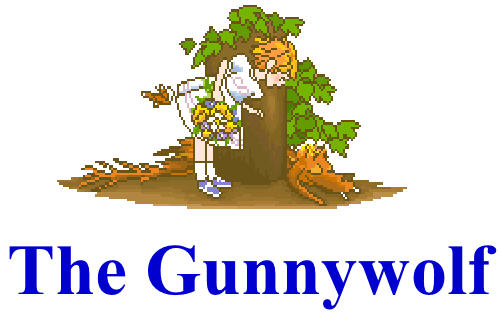Kindergarten Integration Guide for Math and Reading
This guide, written by Joan Pickard, a Kindergarten teacher in
Pensacola, Florida, combines Math and Reading software into a thematic approach
to integrating math lessons into reading lessons drawn from classic children's
literature. Eight stories from Stories and More
1 are used to introduce mathematics concepts. Activities in
the guide include developing math vocabulary, concepts and problem solving
skills. The guide includes lessons using the TLC Mathematics
for
Grades 1 and 2 software, whole group instruction, games, small group
activities, and blackline masters for offline activities. Stories and More 1 and TLC
Math for Grades 1 and 2 are sold separately.
Stories and More and TLC Math - From the Introduction
Since literature is such an important part of kindergarten
classrooms, this TLC Math guide was designed to allow teachers a method of
easily combining award-winning literature into each math lesson. In using a unit
approach to instruction, students are able to use new math skills in real world
situations and appreciate how math skills are interwoven into their daily lives
using literature as the springboard for that integration. Classrooms using
Stories and More I may choose to incorporate the math and language arts
activities during the same time slot, providing activities for students to
complete from both curriculum areas.
In each story of this book, you will find four concepts.
For example, in I Need a Lunch Box, the teacher may choose to focus
on the concept of Numbers, Money, Geometry or Data Collection. (See the Matrix
of Skills and Story Titles listed below for concepts found in other sections.) Each concept
is developed through three phases, Introduction, Development and Enrichment. At
the end of each concept section is a whole group activity titled Wrap It
Up. Wrap It Up provides a review and reinforces concepts taught in the
previous three phases. Teachers are free to choose to fully develop one concept
per book or to cover two, three, or four concepts depending on the students
ability levels. The activities may be used to reinforce concepts already covered
or as an introduction to new math concepts.
While some kindergarten students may use stories from Units
C and D of Stories and More, the Kindergarten TLC Math Guide includes only
stories from units A and B. Since stories increase in difficulty from Unit A
through Unit B, the math skills also increase in difficulty. Thus when a
kindergarten student would typically be ready for skills in a given story of
literature, the math skills would also be appropriate for that level of
development. Teachers not using Stories and More I will need to obtain copies of
the books used in each chapter.
Kindergarten TLC Math Book
Matrix of Skills and Story Titles
|
Story:
Skill: |
I Need a Lunchbox |
Little
Red
Hen |
Happy
Day |
Carrot
Seed |
Peter's
Chair |
3 Billy
Goats Gruff |
If You Give
a Mouse
a Cookie |
Gunny
Wolf |
| Numbers |
X |
X |
X |
X |
X |
X |
X |
X |
| Money |
X |
X |
|
|
|
|
|
X |
Geometry, Shapes
and Classification |
X |
X |
X |
X |
|
|
|
|
Measurement and Data
Collection (graphs) |
X |
X |
X |
|
|
X |
|
|
| Time |
|
|
X |
X |
|
|
X |
|
| Fractions |
|
|
|
X |
|
X |
X |
|
| Addition |
|
|
|
|
X |
|
X |
X |
| Subtraction |
|
|
|
|
|
X |
X |
X |
| Probability and Statistics |
|
|
|
|
X |
X |
|
X |

SAMPLE of one chapter from Kindergarten Manual
The Gunnywolf Scope and Sequence
Numbers
- Introduction Numbers 10-99, Base Ten
- Development Tens to 90
- Enrichment Counting by 5s
Gunnywolf
Numbers Section in PDF format.
Money
-
Introduction Coins in Combinations, Pennies, Nickels, Dimes
(optional: quarters)
- Development Nickels and Counting by 5s
- Enrichment Nickels and Counting by 5s
Gunnywolf
Money Section in PDF format.
Addition and Subtraction
- Introduction Solving and Composing Addition Problems
- Development Solving and Composing Take-Away
and
Comparison
Subtraction
- Enrichment Solving and Composing Addition and
Subtraction
Problems
Gunnywolf
Addition and Subtraction Section in PDF format.
Graphing
- Introduction Creating and Interpreting Data from a
Graph
- Development Creating and Interpreting Data from a
Graph Requiring Addition and Comparison Subtraction
- Enrichment Students Create Their Own Graph
Gunnywolf
Graphing Section in PDF format.


